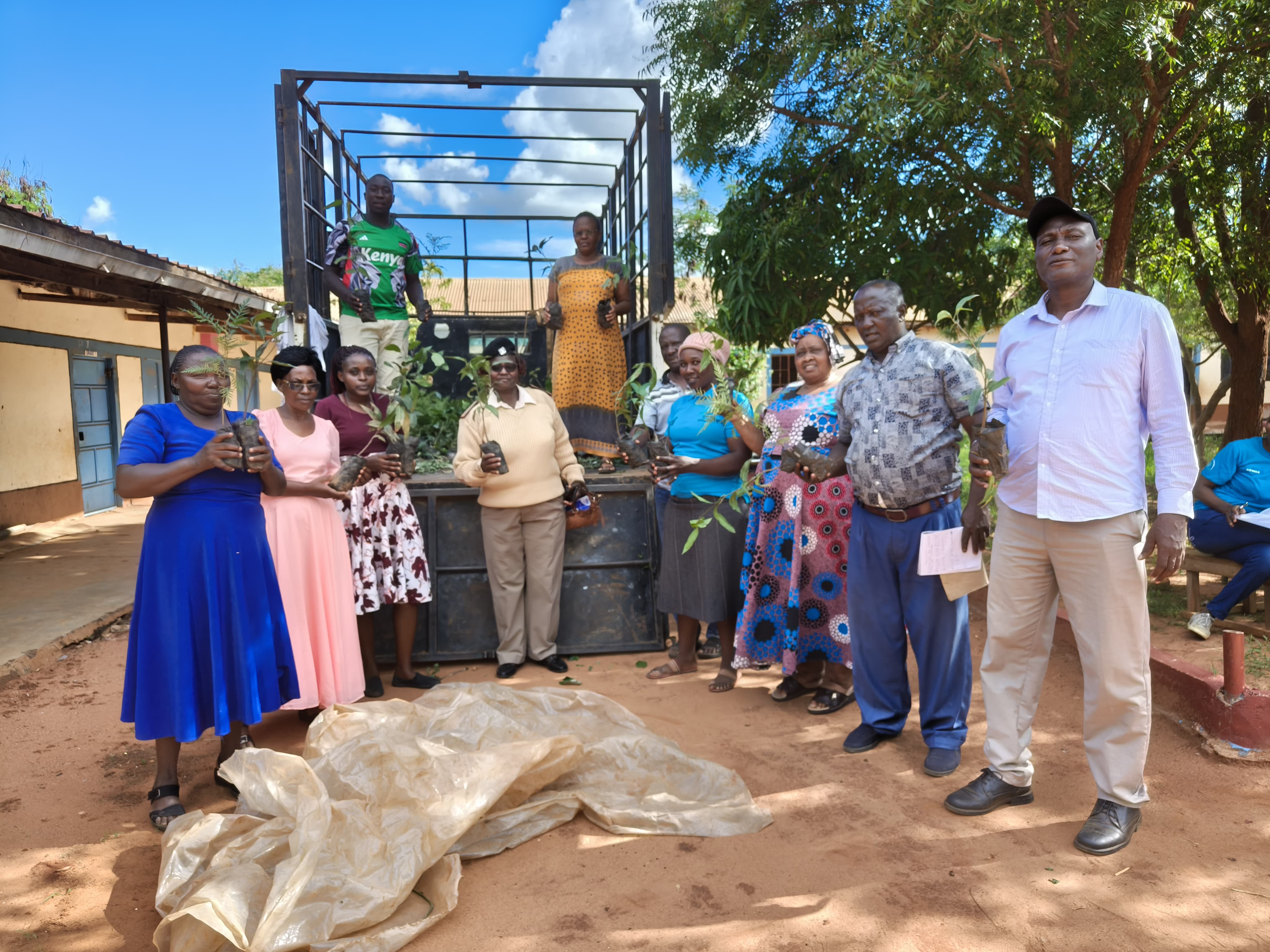
Posted on: 28th Apr, 2025
Read: 3 Minutes
Posted by: Kewasnet Admin
Maendeleo ya Wanawake, a women-led grassroots initiative in Kitise Kithuke Ward of Makueni County, has turned tree growing into more than just an environmental activity. It has become a symbol of civic responsibility, community solidarity, and resilience against the growing challenges of climate change.
The journey began with a simple realization: environmental degradation and water scarcity were no longer distant threats, but urgent realities that demanded action. Through civic education, the women rallied their communities to recognize tree growing as a crucial strategy for managing local water resources and restoring degraded land. Their message resonated across villages, finding its most fertile ground in the hearts of schoolchildren.
Ten schools were chosen for this initiative, where students eagerly took up the role of environmental stewards. Each learner adopted one or more trees to plant and nurture, turning tree growing into a personal commitment. Parents pledged their support to ensure the trees would survive dry seasons, even committing to fund water deliveries when necessary. The Maendeleo ya Wanawake group members adopted each school, mentoring pupils and providing encouragement to school leadership.
Local authorities were not left behind. School heads and Boards of Management coordinated efforts on the ground, while the Chief and Ward Administrators aligned the project with national priorities, particularly the government's target of planting 15 billion trees by 2032. Their participation underlined an important message: environmental conservation is not the duty of citizens alone but a shared responsibility between communities and government.
The impact of this movement went beyond planting trees. Persistent civic engagement by the women led to tangible gains: allocation of funds for water projects, sanitation facilities, and educational infrastructure. Through organised lobbying and public participation, they demonstrated that when citizens actively engage, they can influence not just their environment, but also resource allocation and local governance priorities.
Innovation and sustainability have been embedded into the project’s design. Schools are creatively using recycled materials such as milk packets and plastic bottles for irrigation. Headteachers have committed to dedicating portions of their budgets to support tree nurturing, ensuring that the initiative remains viable in the long term. The trees planted — a mix of indigenous species and fruit trees — are expected to contribute to both environmental restoration and future income generation.
Perhaps the most remarkable achievement of this initiative is the transformation of local leadership dynamics. By leading the planning, lobbying, and implementation processes, the women of Maendeleo ya Wanawake have emerged as credible leaders in the traditionally male-dominated space of water resources management. Their ongoing mentorship of learners ensures that the values of environmental stewardship and civic responsibility will be passed down to future generations.
You can also log in to post a comment. Login
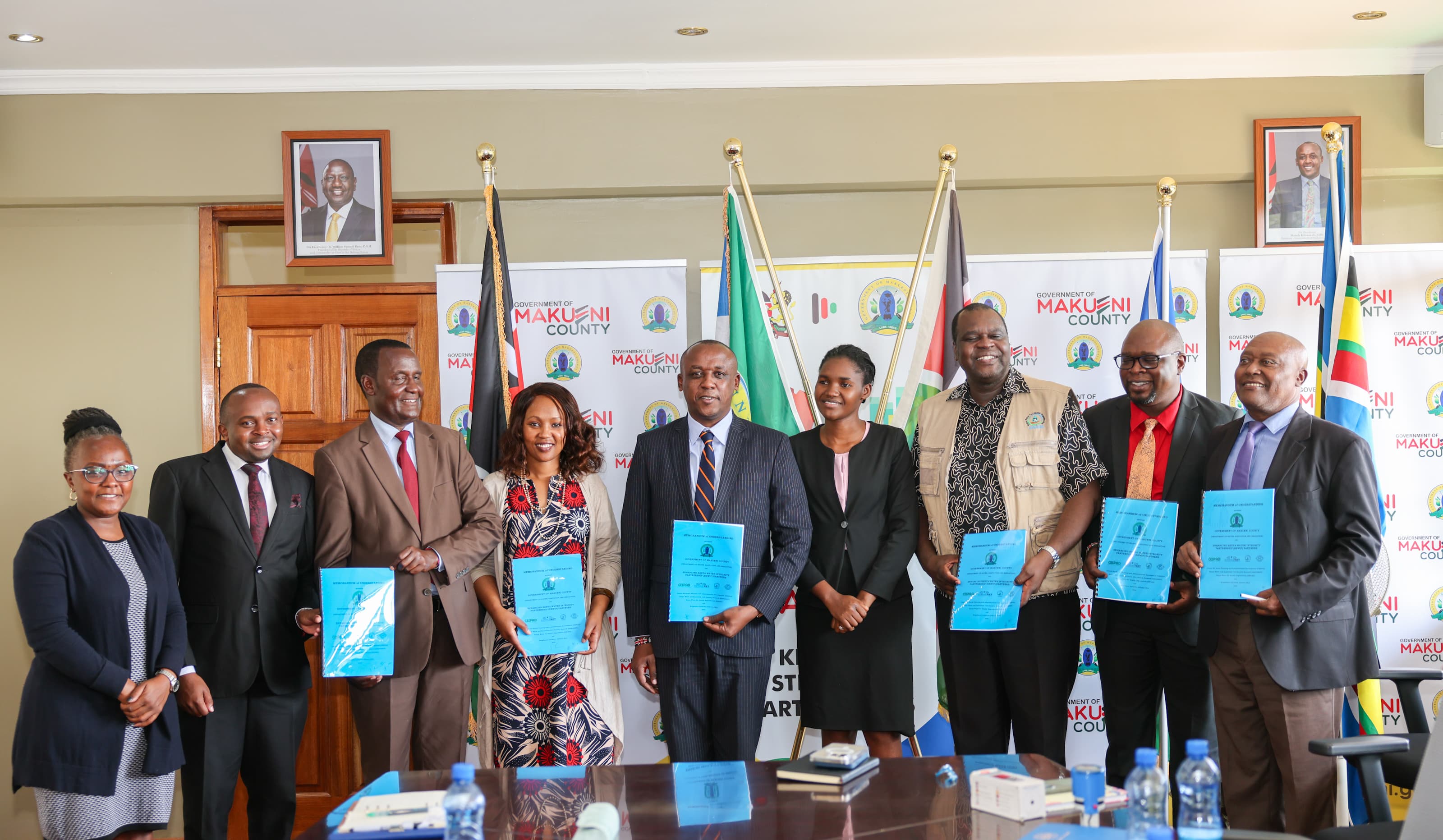
Posted on: 09th Jul, 2025
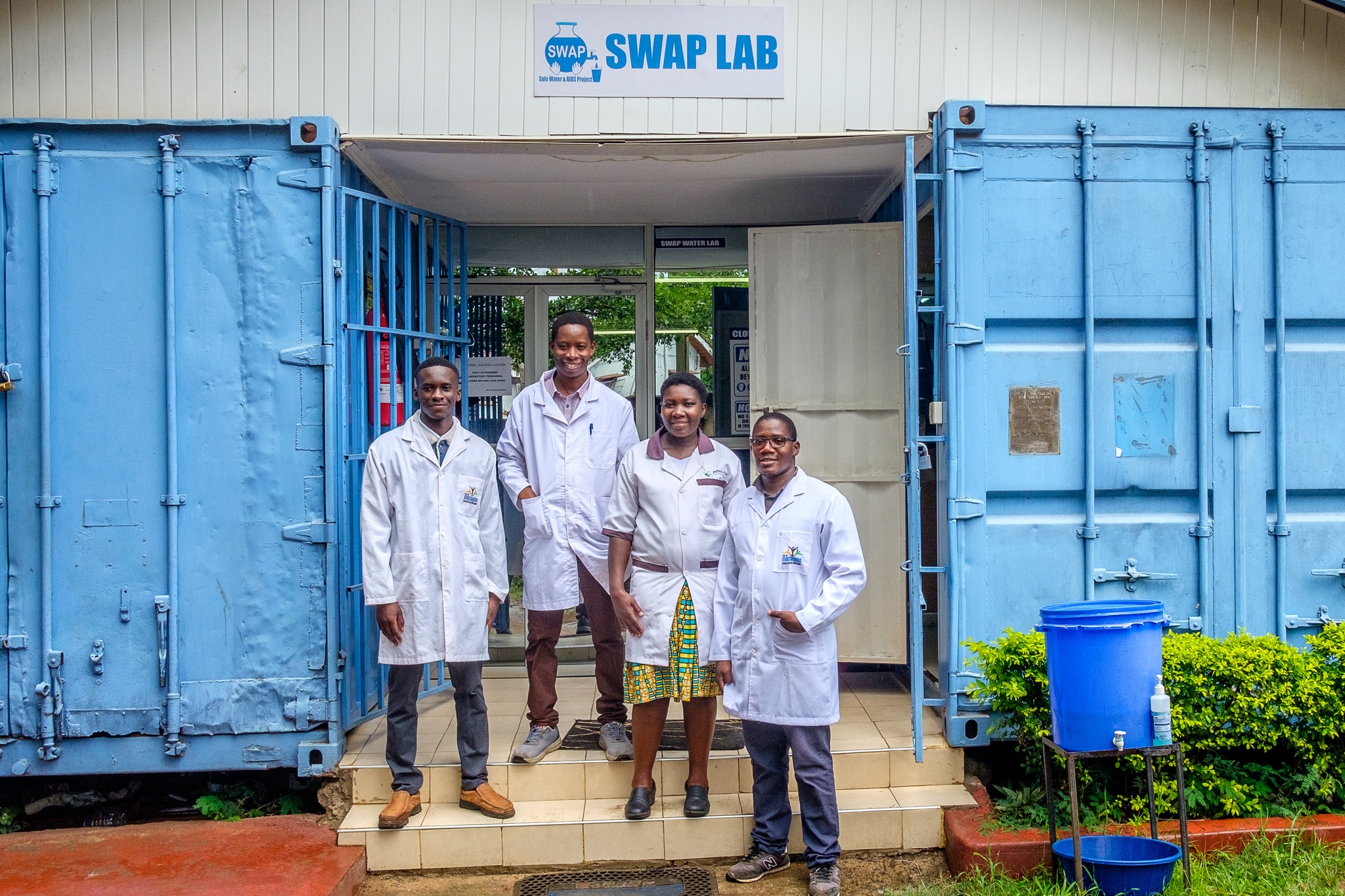
Posted on: 24th Mar, 2025
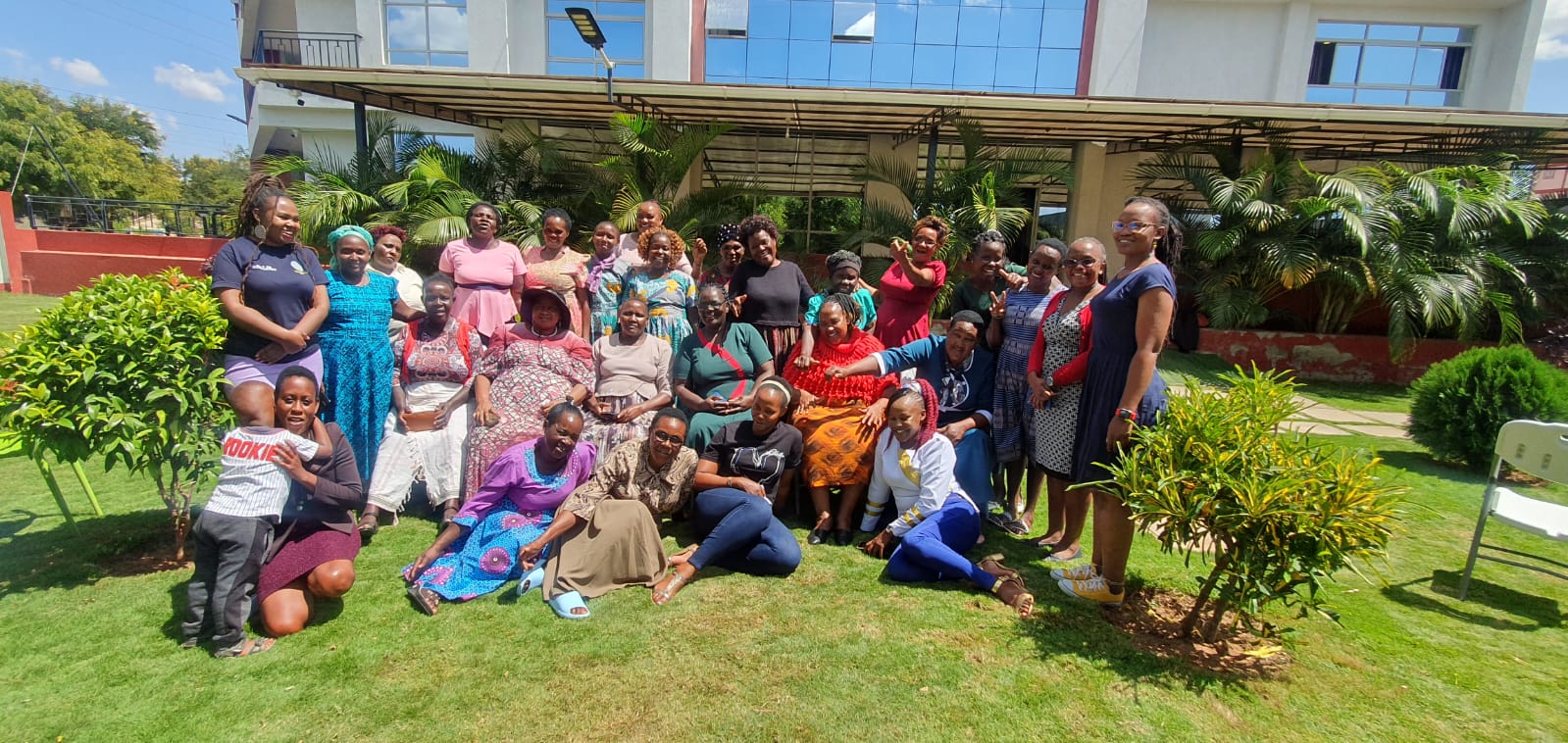
Posted on: 11th Mar, 2025
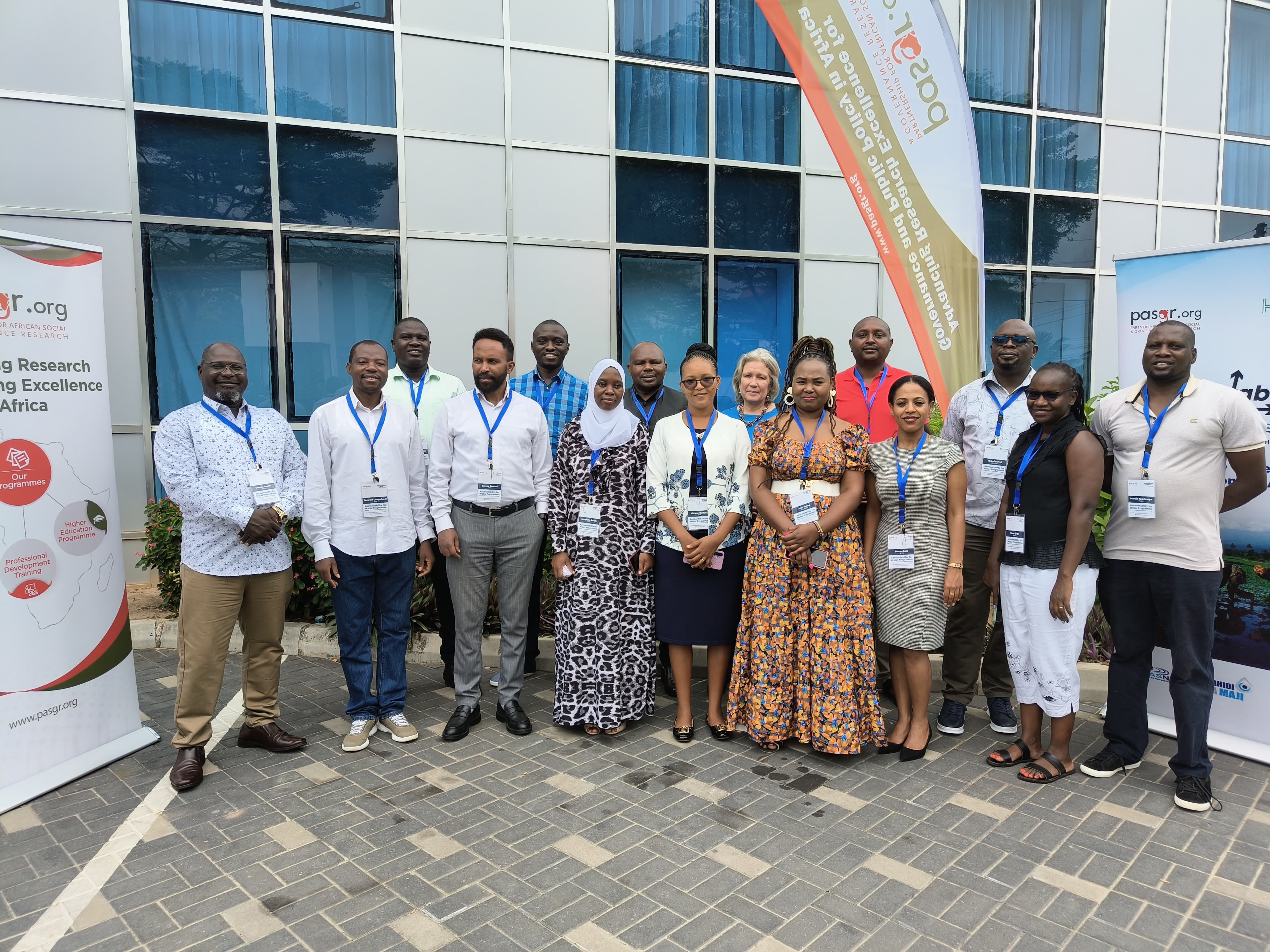
Posted on: 05th Mar, 2025
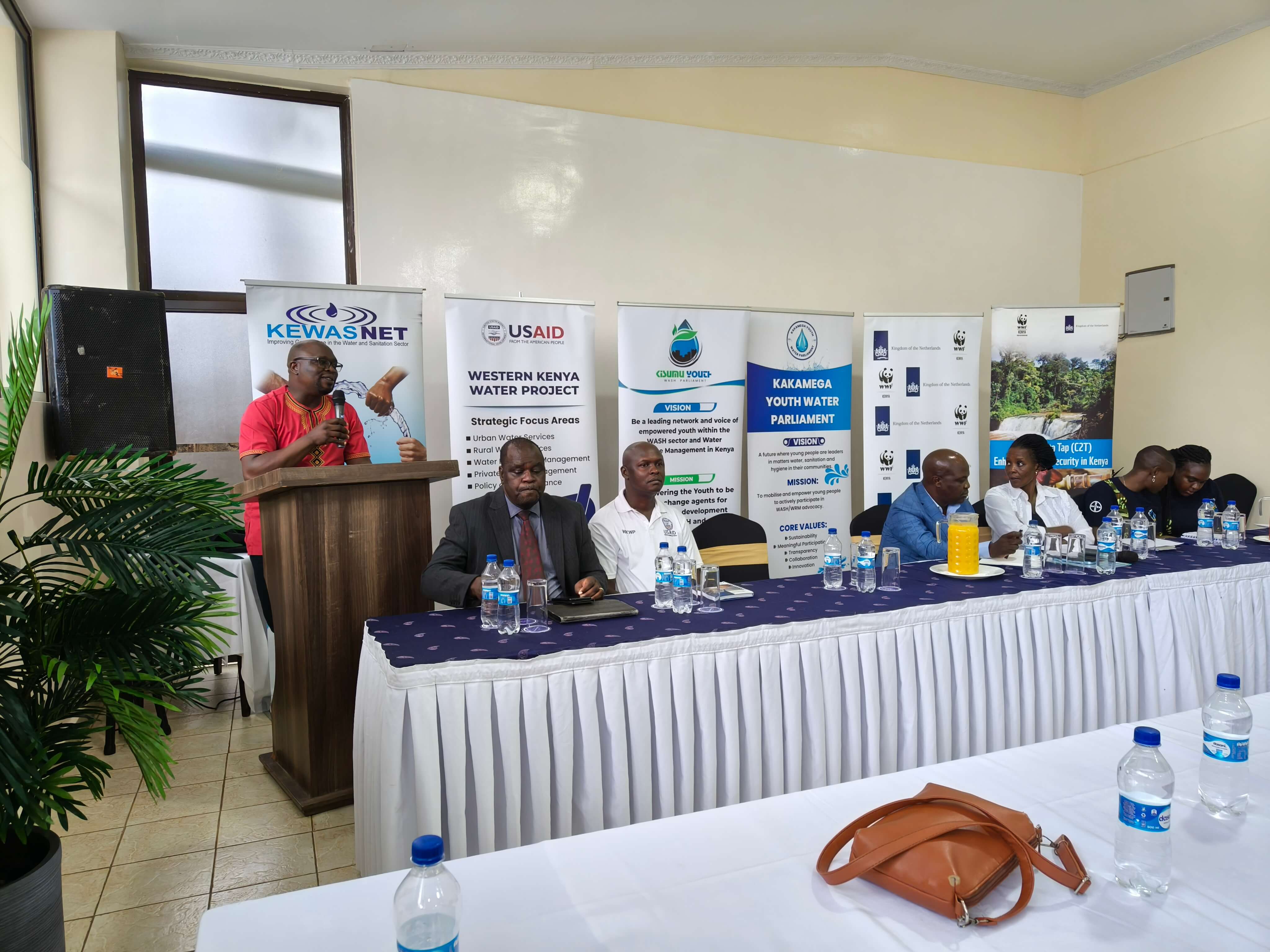
Posted on: 29th Sep, 2024